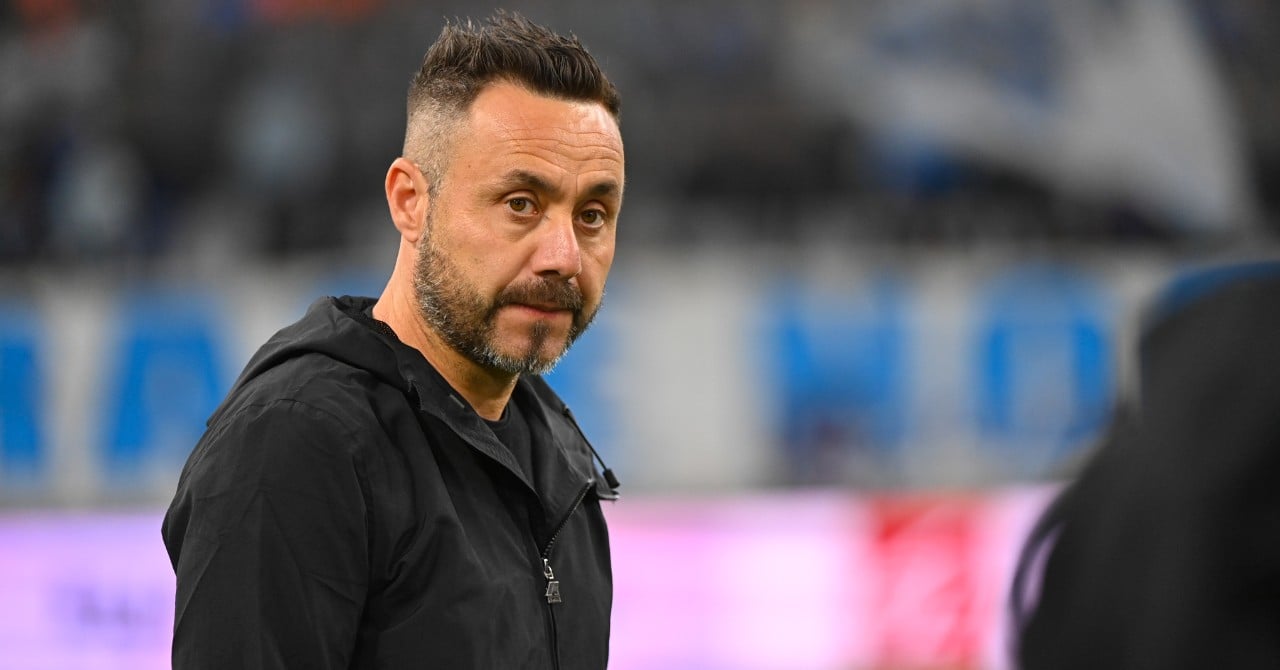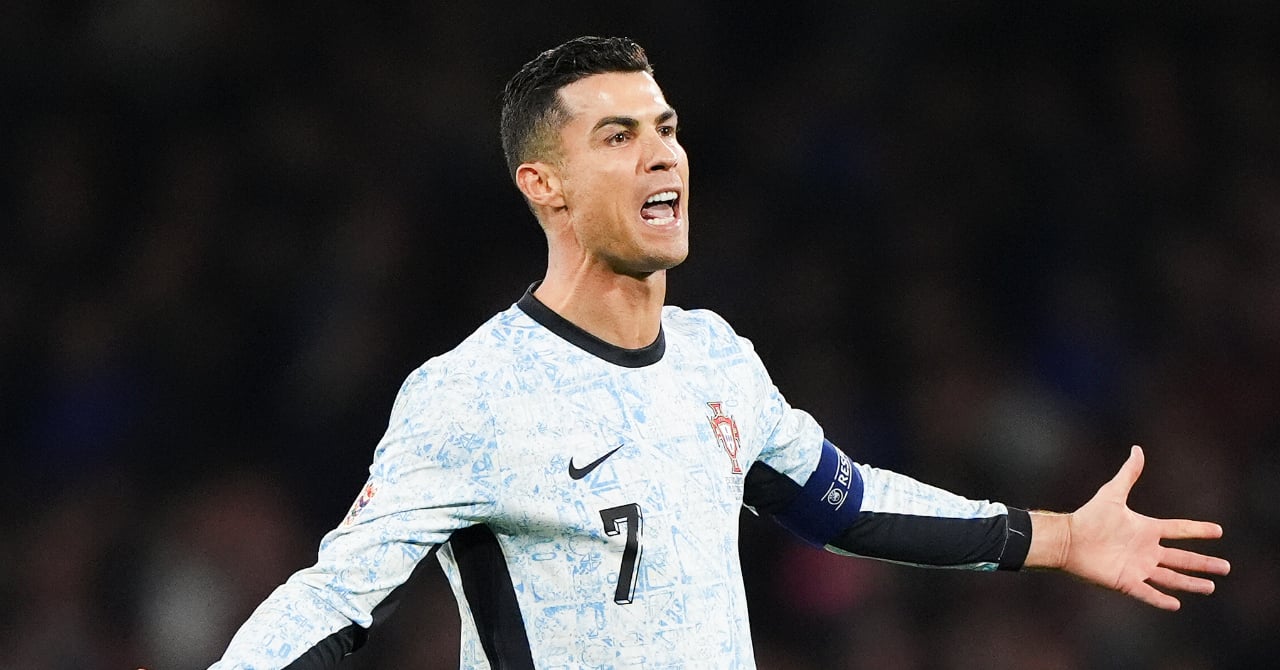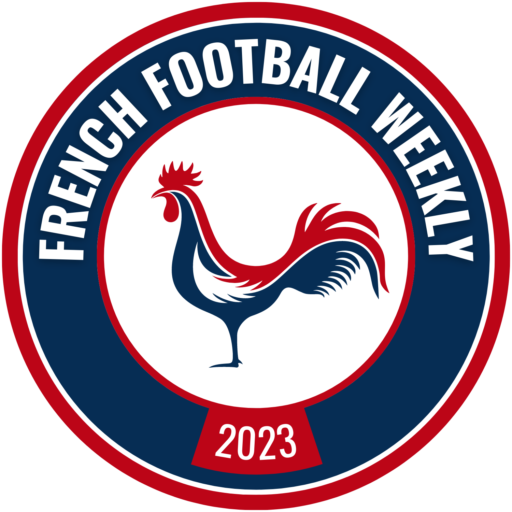ARTICLE AD
German football is going through a zone of unprecedented turbulence. Since the start of the calendar year, the stadium in Germany, whether it belongs to the first division or the lower level, is no longer the conventional theater where, in the quest for three points, two teams surrender for ninety minutes. Now, it has become a place where supporters are mobilizing against a deal concluded on the sly by the German Football League (DFL). These peaceful demonstrations took very different forms over the weeks. In January, it was customary to see scathing banners in the aisles of the Vonovia Ruhrstadion (Bochum), the Signal Iduna Park (Dortmund) and the Osteestadion (Rostock) aimed at the German governing body. Sometimes the stands were even abandoned by fans at kick-off in protest. In recent weeks, German supporters have proven that they have good ideas by disrupting matches by throwing objects, such as chocolate gold coins or tennis balls, onto the lawns, forcing them to frequent stoppages in play. Just last weekend, a handful of fans innovated on the lawn of Rostock, at a time when the 2nd division club was crossing swords with Hamburg, by using cars remotely controlled, equipped with smoke bombs, and launched unexpectedly on the meadow. Enough to make the stewards dizzy.
As a result, the discontent of German supporters has resulted in the interruption of around fifteen matches across the Rhine over the last two months, going so far as to arouse concern among the players. If some took the trouble to directly confront the supporters parked in the stands to call for calm, like the captain and defender of Bochum Anthony Losilla to prevent the match from being definitively stopped at the time when his team was playing a bad turn at Bayern Munich on the occasion of the 22nd day of the Bundesliga (3-2 defeat of the Munich residents), others expressed their fed up like Emre Can. “We are suffering a lot from it. It’s not easy, you lose your rhythm. There comes a point when enough is enough. I hope this will stop soon”, confided the midfielder at the whistle of the match between Borussia Dortmund and VfL Wolfsburg on February 17. Same story with the Swiss BVB goalkeeper, Gregor Kobel, who castigated him for throwing objects. “I have to be careful when marbles and rubber balls are thrown into my box. This bothers me a lot. A solution must be found as quickly as possible because this cannot continue.”expressed the Swiss in comments reported by theAFP.
When German fans challenge “football business”
But then how can we explain this large-scale phenomenon which paralyzes German football and which exposes professional clubs to heavy fines? To understand this better, it is necessary to refer to December 17, 2023, the date on which the DFL was still far from expecting such worrying consequences for players, clubs but also viewers, also affected by this wave of CONTESTATION. In reality, the fans are protesting against an agreement reached several weeks ago between two thirds of the members of the German Football League, in charge of organizing the Bundesliga, relating to the transfer of an 8% share of television rights to come in exchange for a capital contribution of several hundred million euros. The governing body, which can rub its hands when noting every week that German stadiums are mostly full across the two divisions, believes that the image of its championship is far from reaching that of the Premier League or La Liga in Spain. Thus, the decision to call on an investor is justified by the desire to help market and promote internationally with the aim of guaranteeing the long-term sustainable success of the Bundesliga.
On the other hand, the powerful German supporters’ organizations see it differently. According to them, this decision, voted by a narrow majority and moving in the direction of over-commercialization of their sport, lacks transparency. Above all, this agreement denounced on multiple occasions in the stadiums seems to undermine the “50 + 1” rule. In fact, this fundamental measure has been included in the DFL regulations since October 1998 and stipulates that investors must not own more than 49%, the majority having to be held by a non-profit association in which the supporters retain some power. decision maker. Although it has been anchored in customs for two decades now, this rule has been criticized on numerous occasions in the past. Its effectiveness was also called into question during the incredible rise of RB Leipzig in the early 2010s. As a reminder, by buying the club in 2009, Red Bull boss Dietrich Mateschitz managed to circumvent this rule by creating a committee which saw itself holding 51% of the votes. In other words, this clause limits the influence of a potential foreign investor.
The supporters brought the DFL to its knees!
In addition to the fear of interference in German football, this movement is also motivated by a popular and democratic feeling deeply rooted in the Bundesliga and which tends to stand out from other championships. While German football seemed on the verge of collapse in recent weeks, it appears that the supporters’ rumble has finally borne fruit. If the American investment fund Blackstone, worried by the rise in protests, threw in the towel, the executive committee of the DFL via its spokesperson Hans-Joachim Watzke decided to abandon negotiations with the capital fund- Luxembourg investment CVC, last candidate in the running. “The management committee unanimously decided at its meeting in Frankfurt not to continue the process of concluding a marketing partnership with foreign investors. A satisfactory continuation of the process no longer seems possible in view of current developments”said the president of Borussia Dortmund.
He continues thus: “Even if there is a large majority in favor of the entrepreneurial necessity of the strategic partnership: German professional football finds itself in the middle of a showdown which provokes great debates, not only within the football association league between clubs, but also within clubs between players, coaches, club managers, supervisory bodies, general assemblies and fan communities, debates which endanger with increasing vehemence the progress of matches and therefore the integrity of the competition. Furthermore, the fight of a large section of supporters against football business in Germany seems to have worked. It’s a good day for German football fans. “The large but very peaceful protests were ultimately the key to success”, rejoiced Thomas Kessen, spokesperson for the supporters association Unsere Kurve (“Our turn”). On the other hand, the DFL now needs to think about a way to find a balance between opening up to foreign investors and preserving the values of German football.

.jpg) 8 months ago
52
8 months ago
52 

